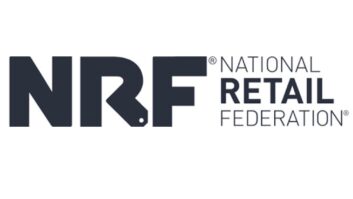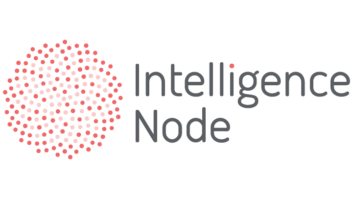Gateway CEO Ted Waitt is viewing his decision to buy eMachines as helpful toward achieving his company’s most pressing needs, primarily returning to profitability and increasing the visibility of its CE product line.
Gateway announced on Jan. 30 that it will acquire eMachines for 50 million shares of Gateway stock and $30 million in cash. The new company is expected to generate about $4.5 billion in revenue and sell almost 4 million PCs worldwide, based on 2003 figures. It will be led by eMachines CEO Wayne Inouye, who will take over the chief executive position at Gateway and be named to that company’s board when the deal is finalized, expected to be at the end of the first quarter. Waitt, Gateway’s founder, will remain chairman and play an active role in the company’s product development and direction, including the company’s stores.
The heaviest financial albatross around Gateway’s neck, and the primary roadblock to profitability, is its retail store chain. The stores, which were revamped at great expense last year to better sell CE products, are a financial drain on the company, Waitt admitted, but they also generate a higher margin than the company’s direct-sales operation.
“As we work through the integration we will look closely at the retail operation. We want to get our costs down,” Waitt said, adding that it was too early to say whether closing any stores would be necessary.
Steve Baker, NPD’s IT research director, said the merger does not directly address what should be Gateway’s primary concerns: building store traffic and expediting the company’s transformation into a CE dealer. Baker compared Gateway with high-end retailers Tweeter and Ultimate Electronics, which have had difficulty getting customers to come back to their stores after they make a big-ticket purchase because they do not sell bargain-basement traffic-building products.
Jennifer Gerlach, channels industry analyst for ARS, expects Gateway to reassess many of their locations, specifically the 40 stores that have leases set to expire this year. She did not think these would necessarily be closed, but if any were, these are likeliest candidates.
Gateway also plans to use eMachines’ existing retail distribution model to sell Gateway’s growing line of CE products outside of the company’s traditional direct-sales operation and its Gateway Stores. The potential for channel conflict between the Gateway Stores and other retailers was not lost on Waitt and Inouye. Inouye, a former Best Buy executive, said he has not approached any retailer about selling Gateway-branded CE products so he could not say at this time if retailers would be receptive of the line.
“Retailers who are practical will see the benefits of an established brand like Gateway,” Inouye added.
Waitt believes that by carefully presenting each brand in each of Gateway’s channels, most conflict can be avoided.
The merging of Gateway and eMachine’s PC segments should be relatively smooth. The brands will remain separate, with Gateway computers selling through its retail stores and direct-sales operation, and eMachines through retailers like Best Buy, Circuit City and CompUSA. The new company will ship about 4 million PCs per year, the executives said.
There is no plan to sell eMachines’ products through Gateway’s stores or directly, Waitt said, but this could change going forward.
Waitt said the PC lines are complementary. Gateway’s most profitable segment is selling higher-end desktops and notebooks, while eMachines excels in the sub-$800 arena. Additional savings are expected in this area because the newly combined company will be able to buy PC components in even larger quantities.
In addition to absorbing eMachines’ products and distribution, Gateway will adopt many of eMachines’ administrative practices. Waitt and Gateway CFO Rod Sherwood highly praised eMachines’ low SG&A expenses, which Inouye said is in the mid-single digits. Sherwood hoped Gateway could attain SG&A costs in the high single- to low double-digits by adopting eMachines’ model.
Inouye pointed out that with just 138 employees eMachines generated $1.1 billion in sales and nine straight quarters of profitability by being a tightly run organization, a practice that Gateway could imitate. Gateway had sales of about $3.5 billion in 2003 and has about 7,500 workers. (See p. 10 for Gateway’s financial report.)
Finally, when the deal is finalized, Gateway will be relaunched into the international market. Last year eMachines entered the Japanese and United Kingdom markets abandoned by Gateway two years ago during a past cost-cutting operation.
When all the dust settles Gateway feels it will be on track to achieve profitability by 2005. No layoffs were announced for either company.













